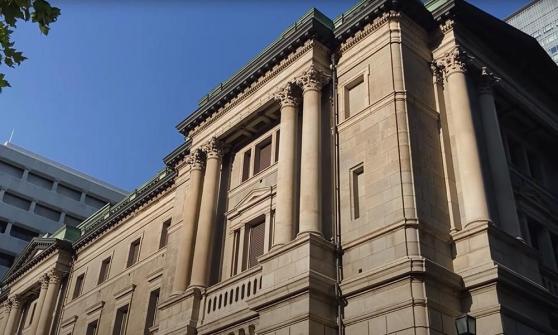Data released on Friday showed that Japan’s household spending rose for the first time in 14 months in April from a year earlier, but the modest increase showed that consumers were still reluctant to loosen their purse strings in the face of rising prices.
Japan’s Internal Affairs and Communications Ministry data showed that consumer spending rose 0.5% in April from a year earlier, slightly below the median market forecast of 0.6%. Spending fell 1.2% from the previous month on a seasonally adjusted basis, compared with expectations for a 0.2% increase.
“Long-stagnant personal consumption continued to be weak,” said Masato Koike, an economist at Sompo Institute Plus. “High prices are weighing on household consumption.”
Sluggish private consumption is a concern for policymakers as they strive to achieve sustained economic growth supported by stable wages and sustained inflation, a prerequisite for normalizing monetary policy.
Government data showed spending on education and clothing and footwear rose in April, but spending on food, entertainment and utilities fell.
The consumption data came a day after more dovish Bank of Japan governor Toyoaki Nakamura said domestic consumption had been sluggish recently and expressed concern that inflation could fall short of the central bank’s 2% target from fiscal 2025 if that continued.
Separate data on Wednesday showed Japan’s fixed wages rose at the fastest pace in nearly 30 years in April, but inflation-adjusted wages remained weak, extending a streak of 25 straight months of declines.
Looking ahead, consumption is expected to gradually improve as wage increases from labor-management negotiations this spring materialize, inflation slows and temporary cuts in resident and income taxes boost consumption, said Sompo Institute Plus’ Koike.
“If consumption remains weak, it will be difficult to normalize monetary policy, but real wages are expected to recover and consumption is expected to pick up, which will give the Bank of Japan momentum to normalize policy,” Koike said.
